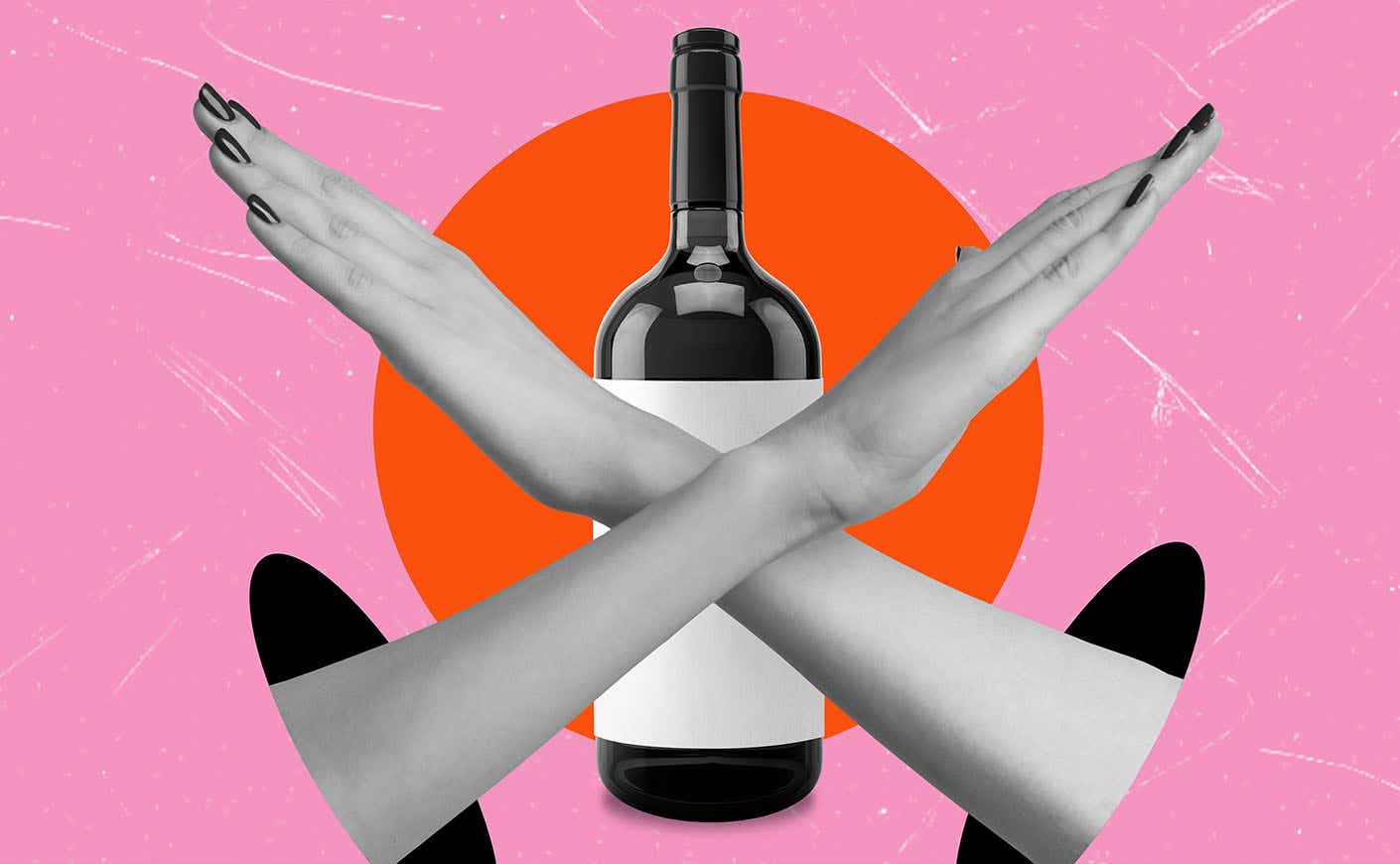As we embrace another new year, millions of Americans are making familiar resolutions: eat better, exercise more, lose weight, and, for many, participate in "Dry January." While temporarily abstaining from alcohol has become a popular way to reset after the holiday season, there's an important health connection that extends beyond the first month of the year: alcohol's significant role in cancer risk.
As a family medicine physician, I've noticed that most of my patients are well aware of alcohol's effects on mental health, liver function, and pregnancy. We've all seen the government warnings about birth defects and impaired driving. However, what often surprises my patients is learning that alcohol is the third leading cause of preventable cancer in the United States, following only obesity and tobacco.
A Wake-Up Call
While both men and women are at risk, women face even higher cancer risks from alcohol consumption than men. U.S. Surgeon General Vivek Murthy's new research shows a strong link between alcohol and several types of cancer, with studies showing that 16.4 percent of breast cancer cases are associated with alcohol consumption. As a Black female physician, I know my African American patients are already disproportionately more likely to develop and die from all types of breast cancer.
These shouldn’t be dismissed as mere statistics. They serve as a wake-up call that Dr. Murthy believes is so important, he’s pushing to add warning labels to alcohol products that note the heightened risk of breast cancer, colon cancer, and at least five other cancers now linked by scientific research to alcohol consumption. His new report states alcohol directly contributes to 100,000 cancer cases and 20,000 related deaths each year.
The timing of this conversation couldn't be more optimal. We're witnessing a troubling trend of rising cancer rates in young adults, particularly breast and colorectal cancers. The recent diagnoses of public figures like Kate Middleton and Ananda Lewis and the losses of beloved actors like Chadwick Boseman and Shannen Doherty have brought increased attention to early-onset cancers. This coincides with increased alcohol consumption during the pandemic, as many Americans turned to drink to cope with mounting stressors and have continued in the face of current political tensions, financial pressures, and limited support for mental health from the healthcare industry.
An Increased Risk
When I discuss family health histories with my patients, we typically focus on knowing when to start cancer screenings based on their genetic risks. But imagine how differently these conversations might go if patients understood that their alcohol consumption could potentially double their risk of developing the same cancers that affected their family members. This becomes even more significant when we consider what's deemed "moderate" drinking: Current guidelines recommend no more than two drinks daily for men and one for women. However, these limits were established primarily focusing on general health and safety, not cancer risk. Plus, we now know much of the research used as a reference for today’s guidelines wasn't inclusive of women.
Murthy’s new research is a game changer because it shows that any amount of regular alcohol consumption can increase cancer risk.
The Bottom Line
This isn't about advocating for complete abstinence or inducing guilt about enjoying an occasional drink. It's about empowering people with information so they can make informed choices about their health. When my patients or the general public understand their risks, they can make the best decisions for their specific needs, and this label could help them reconsider their drinking habits — not just for January but for life.









